Irish beef producers are in the process of losing one of their most valuable customers following the news that UK supermarket chain Asda is switching to exclusively British beef.
The supermarket chain declared this plan when the current owners bought the business from Walmart in October last year, but now the wheels are in motion.
While this is great news for farmers in Northern Ireland and other regions of the UK, it is a serious setback for the positioning of Irish beef as a premium product in the market place.
Alternative options
With beef prices at their highest point since 2013, this may not be an immediate concern but the correct time to fix the roof is on a dry day.
Thoughts must turn to what can be done to place what is a premium product, leaving Irish farms with the highest level of traceability and quality assurance, in the highest value markets?
Unfortunately there is no easy answer and the reality is that even before the ASDA switch to British beef, Irish beef prices have consistently traded well below its UK counterpart.
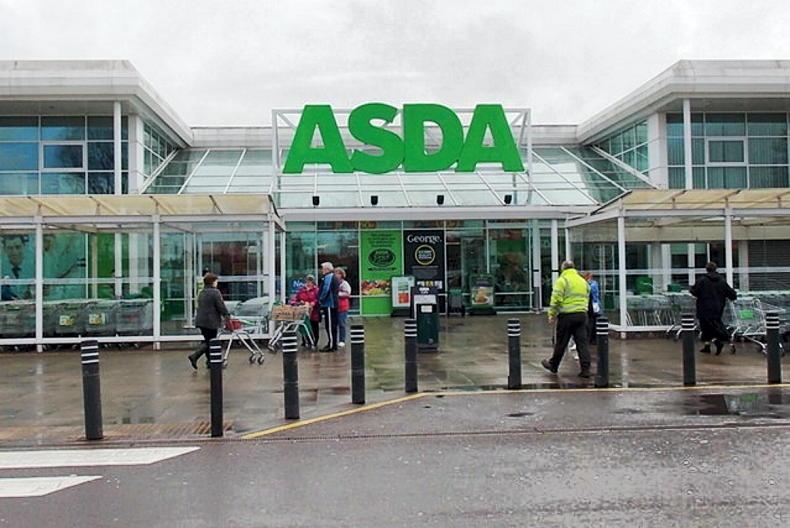
With ASDA switching to 100% British beef supply, Irish beef is now just available in two UK supermarkets, Saisnbury's and Tesco.
Much of retail closed to Irish beef
Part of the difficulty is that Irish beef is completely out of French retail and all of the retail groups in the UK with the exception of Sainsburys and Tesco, who between them account for 40% of the total grocery market.
Bord Bia research has consistently found that consumers in Britain regard Irish supplies as local
The first aim must be to hold what we have, and while they may come under pressure with the ASDA move, there is also the issue of the UK being less than self-sufficient for beef.
Currently the UK consumes 80% of the volume they produce, which has to be further adjusted to reflect the fact that the UK exports much of its cow beef and offal and imports additional prime beef to meet consumer tastes.
For supermarkets that want prime beef, there is limited UK origin supply available and that creates an opportunity to consolidate Irish supply with Tesco and Sainsbury, and make a pitch to ASDA and the others to look at Irish as an alternative.
Bord Bia research has consistently found that consumers in Britain regard Irish supplies as local and that should put Irish beef on the front row of the grid as an alternative to British. At times of peak demand such as Christmas and Easter, an Irish top up supply option would make perfect sense.
Alternative markets
Academic thinking has often criticised Irish exporters for being over dependent on the UK. What they overlook is that it is by far the most valuable import market in Europe and it is on Ireland’s doorstep, ideally placed for just in time delivery strategies that are now part of every major buyer’s business.
Ireland has had good success in getting its beef established in German and Dutch supermarkets, but the reality is that these are lower volume and Irish beef goes head to head with premium South American alternatives, particularly from Uruguay and Argentina plus the US.
When we look beyond Europe we have had considerable success in developing markets for the lower value products from the beef animal in Africa and Philippines. We had been poised to grow substantial business with China before a BSE case in May 2020 caused a suspension that has yet to be lifted.
Grain fed in Asia
This time last year there was an intense debate about branding Irish grass fed beef to exploit our credentials in global markets. Unfortunately the opportunity for this looks limited in the part of the world where the beef market will grow over the reminder of this decade and beyond. In Asia including China, the premium beef product is grain fed, not grass fed.
This means that Australian, US and Canadian beef always commands a significant premium over South American grass fed products. Clever promotion and marketing by Bord Bia may manage in time to put Ireland at the top of the grass fed beef market but it will be below the grain fed market for the foreseeable future.
All of this means that Irish beef, despite its credentials is at the mercy of commodity markets. So far in 2021 this has worked well for Irish farmers, but there is no clear and obvious answer to what we can do to remove our industry from this lottery.
Irish beef producers are in the process of losing one of their most valuable customers following the news that UK supermarket chain Asda is switching to exclusively British beef.
The supermarket chain declared this plan when the current owners bought the business from Walmart in October last year, but now the wheels are in motion.
While this is great news for farmers in Northern Ireland and other regions of the UK, it is a serious setback for the positioning of Irish beef as a premium product in the market place.
Alternative options
With beef prices at their highest point since 2013, this may not be an immediate concern but the correct time to fix the roof is on a dry day.
Thoughts must turn to what can be done to place what is a premium product, leaving Irish farms with the highest level of traceability and quality assurance, in the highest value markets?
Unfortunately there is no easy answer and the reality is that even before the ASDA switch to British beef, Irish beef prices have consistently traded well below its UK counterpart.

With ASDA switching to 100% British beef supply, Irish beef is now just available in two UK supermarkets, Saisnbury's and Tesco.
Much of retail closed to Irish beef
Part of the difficulty is that Irish beef is completely out of French retail and all of the retail groups in the UK with the exception of Sainsburys and Tesco, who between them account for 40% of the total grocery market.
Bord Bia research has consistently found that consumers in Britain regard Irish supplies as local
The first aim must be to hold what we have, and while they may come under pressure with the ASDA move, there is also the issue of the UK being less than self-sufficient for beef.
Currently the UK consumes 80% of the volume they produce, which has to be further adjusted to reflect the fact that the UK exports much of its cow beef and offal and imports additional prime beef to meet consumer tastes.
For supermarkets that want prime beef, there is limited UK origin supply available and that creates an opportunity to consolidate Irish supply with Tesco and Sainsbury, and make a pitch to ASDA and the others to look at Irish as an alternative.
Bord Bia research has consistently found that consumers in Britain regard Irish supplies as local and that should put Irish beef on the front row of the grid as an alternative to British. At times of peak demand such as Christmas and Easter, an Irish top up supply option would make perfect sense.
Alternative markets
Academic thinking has often criticised Irish exporters for being over dependent on the UK. What they overlook is that it is by far the most valuable import market in Europe and it is on Ireland’s doorstep, ideally placed for just in time delivery strategies that are now part of every major buyer’s business.
Ireland has had good success in getting its beef established in German and Dutch supermarkets, but the reality is that these are lower volume and Irish beef goes head to head with premium South American alternatives, particularly from Uruguay and Argentina plus the US.
When we look beyond Europe we have had considerable success in developing markets for the lower value products from the beef animal in Africa and Philippines. We had been poised to grow substantial business with China before a BSE case in May 2020 caused a suspension that has yet to be lifted.
Grain fed in Asia
This time last year there was an intense debate about branding Irish grass fed beef to exploit our credentials in global markets. Unfortunately the opportunity for this looks limited in the part of the world where the beef market will grow over the reminder of this decade and beyond. In Asia including China, the premium beef product is grain fed, not grass fed.
This means that Australian, US and Canadian beef always commands a significant premium over South American grass fed products. Clever promotion and marketing by Bord Bia may manage in time to put Ireland at the top of the grass fed beef market but it will be below the grain fed market for the foreseeable future.
All of this means that Irish beef, despite its credentials is at the mercy of commodity markets. So far in 2021 this has worked well for Irish farmers, but there is no clear and obvious answer to what we can do to remove our industry from this lottery.




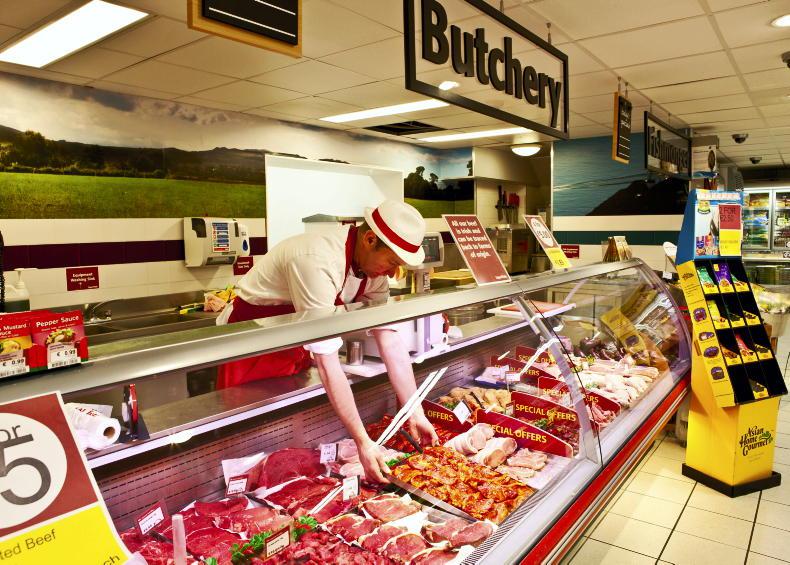

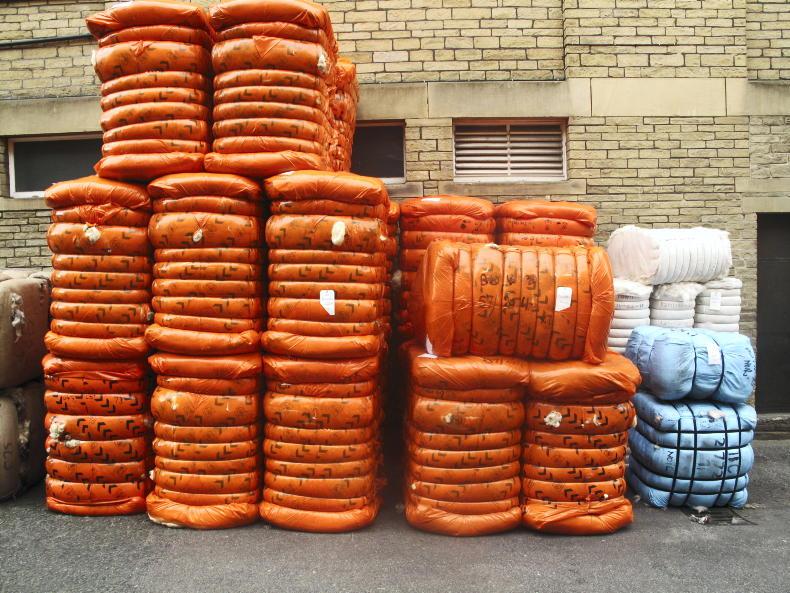


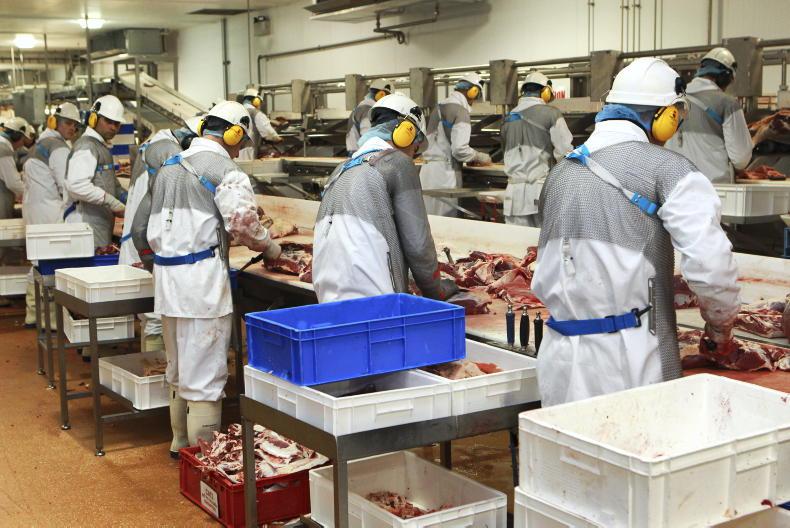
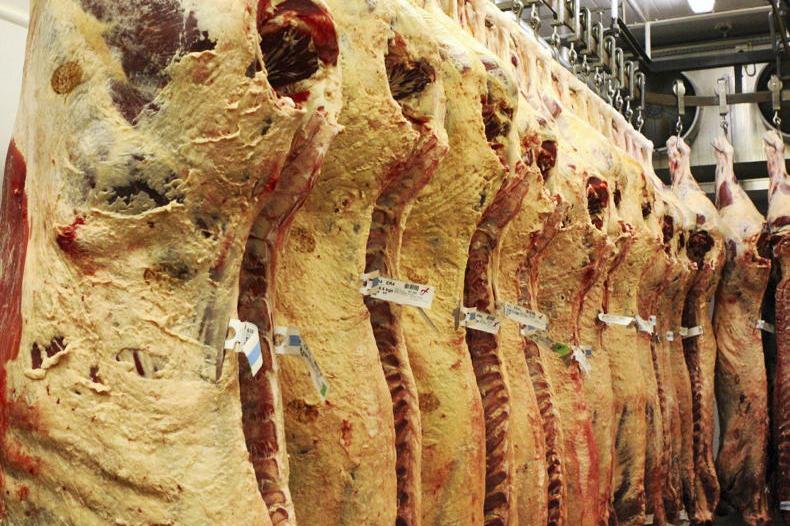
SHARING OPTIONS